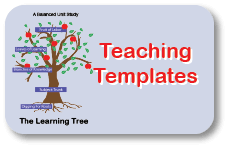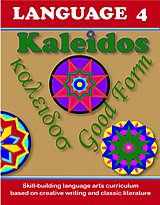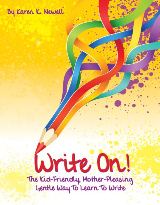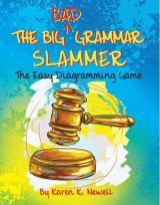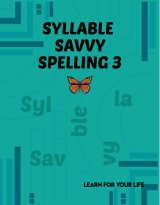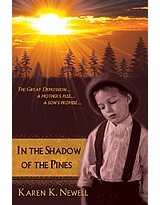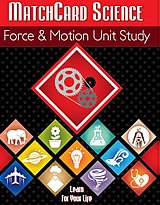Phonics versus Sight Words -- What Is The Proper Balance?
by Bruce Deitrick Price
(Virginia Beach)
This is really a response to the article called Phonics versus Sight Words.
I think there is a confusion in the terms that is keeping us from ever escaping from this whole debate. I see this confusion all over the place. Many people insist that they learned to read with Sight Words. Many people insist that they now use Sight Words. The writers of this article say that they taught their children to read with Sight Words. Etc.
But I believe that what is meant in every case is what we used to call a vocabulary word. You have a list of words, for example, elementary, serendipity, etc. You memorize these words in many ways at once -- the sequence of letters, the general look of the word, the syllables, the sounds, other associations you may have that will help you remember the word.
More than anything else, you remember the pronunciation first, then the spelling.
But in no case do you memorize the word as a graphic design, a shape, a configuration. That's what Sight Word refers to -- a shape that you memorize visually and in no other way. To memorize many such shapes is very difficult. Once people get past the two-syllable words, the Sight Word reader is usually helpless. A cluster like virtually, vigilante, vestigial, variegated, violently, voluntary, virginal, and so on is just a blur for the true Sight Word reader. Such a reader will just make a wild guess based on context. That's because few human brains can retain all the different designs. If you were to put all these words into capital letters, these readers would be even more adrift.
Meanwhile, the phonetic reader has no trouble. You could make up a list of 20 words starting with V, put them in lowercase, uppercase, italic, and the true reader will fly through them as if he is reading, "The man is sitting in a chair."
The reason I'm upset by this whole confusion is that I believe that it provides cover or protection for the shysters pushing Whole Word. If they can get millions of people talking about Sight Words in an approving way, as if Sight Words are perfectly normal acceptable things, then the Whole Word promoters are shielded.
I think if we can look inside the heads of teachers, parents, and children in a typical fifth-grade classroom, you would find that all of them have different and somewhat personal definitions of Sight Words. Whatever person A says, person B hears something he can agree with and so millions of people chatter endlessly about Sight Words, even though only a very tiny fraction of people with near-photographic memories can actually memorize thousands of Sight Words.
My own prescription is to get rid of this term totally and forever. You learn phonics. Then, more and more, you learn vocabulary words. That's what most educated people have always done. Sight Words were an aberration, and are the reason that recent government scores show that only one-third of elementary school children are proficient in reading.
Bruce Deitrick Price
Improve-Education.org
Comments for Phonics versus Sight Words -- What Is The Proper Balance?
|
||
|
||
|
||
About Our Site
Hands-On Learning



